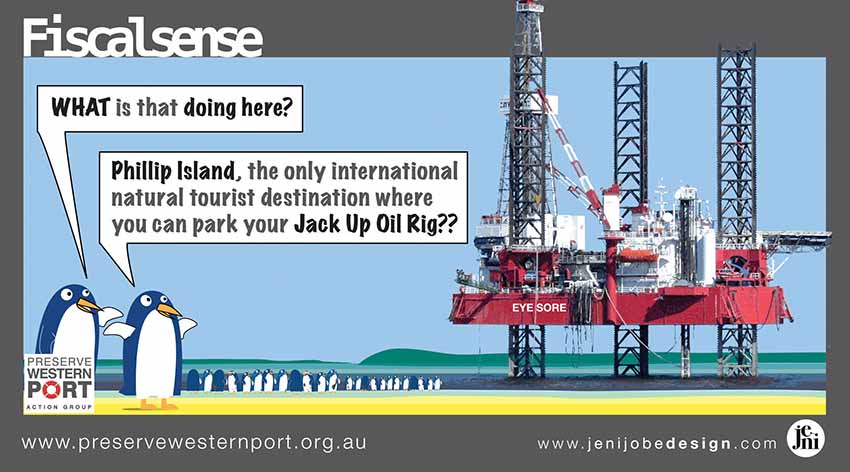
WHALE watchers, tourism operators and environmentalists are marvelling the record number of whale sightings this year in Western Port.
Sightings of more than 110 humpbacks, one southern right and four orcas in the region have encouraged whale watching cruises to extend their schedules.
The apparent increasing numbers of whale is also providing ammunition for those opposed to an international container port being built at Hastings.
While off the state government’s agenda at the moment, the port expansion could be added to the state’s major infrasturcture list if Western Port is designated as the most appropriate site by Infrastructure Victoria.
Conservationists are also pointing to the recent Phillip Island Nature Parks quarterly bird count that revealed record numbers of sightings and significant sightings of double banded plovers, red necked stints, Caspian terns, godwits, and red-capped plovers at Observation Point, just off the island’s coast.
Meanwhile, the oil industry and the Port of Hastings are taking advantage of the protected coastline to park an oil exploration rig, the West Telesto, near Observation Point.
The oil rig is owned and operated by Origin Energy and, when fully operational, costs around $500,000 a day to operate. Hastings Port operator Patrick has not disclosed the port fees.
“Western Port supports international and domestic tourism, eco-tourism, marine life, bird populations and the oil industry, and Patrick just wants to park unwanted oil exploration rigs in the same place,” Preserve Western Port Action Group chairman Jeff Nottle said.
He is calling on the state government to initiate “holistic master planning” for Western Port. “Currently, Western Port has multiple land managers, authorities and community organisations as well as the oil industry and port operators all seeking to achieve different visions for this RAMSAR protected waterway,” he said.
“The oil industry and the environment are colliding and Western Port needs protection and master planning to secure and preserve this natural asset and the vast tourist economy it supports from the oil industry and further industrialisation.”